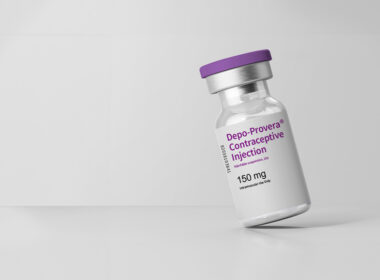A deposition is an interview between a lawyer and a witness, where testimony is provided by the witness under oath. In a medical malpractice lawsuit, the defendant’s attorney might ask you about your medical history, the events leading up to the claim, and other related issues.
It is important that you prepare for this examination, the results of the deposition may affect the outcome of the case and the damages the court eventually awards as settlement.
You could be asked about how the medical mistake made by a healthcare service provider has affected you, including the severity of any physical suffering, emotional, and economic impact, and how it has affected your ability to work.
What to Expect During the Deposition
During the deposition, the defendant’s attorney examines the victim, witnesses, or deponents. They ask questions, which your attorney can object to. Depositions are done to understand the events that occurred according to your statement. However, most attorneys use this opportunity to get a contradicting statement from the deponent so you need to be careful.
Getting prepared for a Deposition
For starters, you need to know the facts of your case well so that questions can be answered concisely without leaving important information or revealing too many unnecessary details. Furthermore, you need to make sure that you understand the questions and their implications fully before answering.
Remember, the defendant’s attorney may try to knock off your confidence by asking you some unsettling questions. At this point, try to remain calm and keep your composure.
It is important to ensure that the information provided during the deposition is accurate and consistent, as this could be used as evidence in the trial. Any contradicting statements or inconsistencies within the witness’s story could be brought up during the trial and may reflect poorly on your side.












